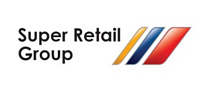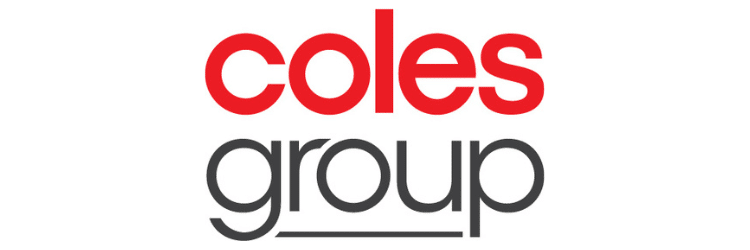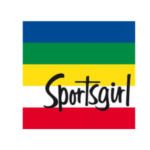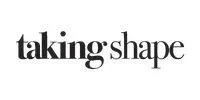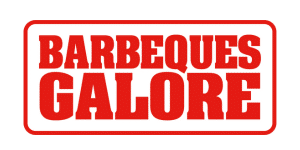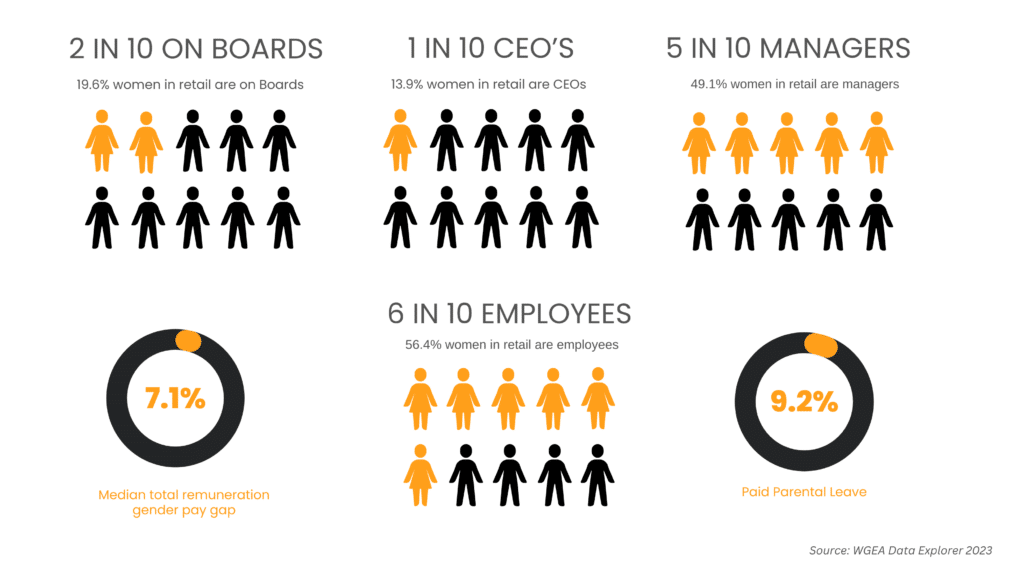Gender Equality
The ARA is committed to promoting gender equality, by increasing awareness about gender identity and addressing imbalances across the retail sector to improve choice, career progression, financial security for women through their working life and into retirement.

Member Exclusive
Gender Equality Playbook
This comprehensive guide is designed to support our members in developing robust gender equality action plans and fostering inclusive workplaces for all.
GENDER EQUALITY POSITION STATEMENT
Equality is a fundamental human right for all, regardless of gender identity. For the Australian retail sector, the most immediate priority in terms of gender equality is to address imbalances between women and men.
ROLES
The ARA’s role is to unify our sector behind a common
vision for change, outline the policy and advocacy measures
that will frame discussions with government and other
stakeholders, and support our members’ efforts to address
gender inequality.
In addition, the ARA Diversity, Equality & Inclusion Advisory Committee will also:
- Continue to shape, advance and promote gender equality in retail through the delivery of a suite of initiatives
- Endorse a gap analysis against best practice and
prioritise areas of improvement for Australian retail - Work with the WGEA to monitor our sector’s progress
- Partner with a range of industry experts to develop a set
of practical tools and resources
GUIDING PRINCIPLES
To meet our commitment of advancing and promoting gender equality in the Australian retail sector, we need to:
- Focus primarily on addressing the imbalance between women and men in our sector but ensure that gender equality is not positioned exclusively as a ‘women’s issue’
- Recognise that members may have different challenges and may require different solutions, given the differences between large national and international retailers, and our small and medium sized members who represent 95% of the ARA’s membership
- Leverage expertise from the ARA’s largest members to uplift capability across the whole sector
SUGGESTED ACTIONS
01
ENSURE STRATEGIC ALIGNMENT
Sign-up to the ARA Position Statement and develop your own plan to address issues, risks and opportunities most relevant to your business.
06
ELIMINATE GENDER-BASED HARASSMENT AND DISCRIMINATION
Ensure your meet your positive duty by identifying opportunities to strengthen policies in relation to workplace sexual discrimination and harassment, and by taking proactive measures to reduce risks.
02
APPLY GENDER-NEUTRAL LENS TO WORKPLACE POLICIES
Apply a gender-neutral lens to workplace polices, to anticipate and mitigate unintended consequences for people of different genders, so that policies do not perpetuate stereotypes, discrimination and inequality.
07
ADDRESS GENDERED-BASED VIOLENCE
Support community efforts to address gendered violence, through interventions to reduce assaults against retail workers, and workplace programs to support victim-survivors of domestic and family violence.
03
INCREASE GENDER DIVERSITY IN LEADERSHIP
Outline a plan to achieve a 40:40:20 gender mix in boards and executive teams, with an aspirational target for 50% of leadership positions to be filled by women by 2030, in-line with UN Sustainable Development Goals.
08
PROVIDE MORE FLEXIBLE WORK ARRANGEMENTS
Address internal barriers that prevent working parents from balancing work and care responsibilities, through more flexible leave arrangements, more inclusive return-to-work options and access to affordable childcare.
04
REDUCE THE GENDER PAY GAP
Take actions to reduce the gender pay gap in your business and remove barriers to financial security for women in retail through their working life and into retirement.
09
EMPOWER MEN TO BECOME EFFECTIVE AND ENGAGED ALLIES
Build an engaged and effective network of allies, by empowering men to use their influence to advocate for change and offering equal access to family leave to reduce the stigma of men taking on caring responsibilities.
05
INVEST IN PERSONAL AND CAREER DEVELOPMENT
Invest in inclusive development programs that build personal and professional skills needed to increase gender diversity in leadership roles and reposition retail as a career of choice for working parents.
10
ADDRESS HARMFUL GENDERED STEREOTYPES
Remove rigid and harmful gendered stereotypes from advertising, product ranging and pricing, signage and visual displays.
01
ENSURE STRATEGIC ALIGNMENT
Sign-up to the ARA Position Statement and develop your own plan to address issues, risks and opportunities most relevant to your business.
02
APPLY GENDER-NEUTRAL LENS TO WORKPLACE POLICIES
Apply a gender-neutral lens to workplace polices, to anticipate and mitigate unintended consequences for people of different genders, so that policies do not perpetuate stereotypes, discrimination and inequality.
03
INCREASE GENDER DIVERSITY IN LEADERSHIP
Outline a plan to achieve a 40:40:20 gender mix in boards and executive teams, with an aspirational target for 50% of leadership positions to be filled by women by 2030, in-line with UN Sustainable Development Goals.
04
REDUCE THE GENDER PAY GAP
Take actions to reduce the gender pay gap in your business and remove barriers to financial security for women in retail through their working life and into retirement.
05
INVEST IN PERSONAL AND CAREER DEVELOPMENT
Invest in inclusive development programs that build personal and professional skills needed to increase gender diversity in leadership roles and reposition retail as a career of choice for working parents.
06
ELIMINATE GENDER-BASED HARASSMENT AND DISCRIMINATION
Ensure your meet your positive duty by identifying opportunities to strengthen policies in relation to workplace sexual discrimination and harassment, and by taking proactive measures to reduce risks.
07
ADDRESS GENDERED-BASED VIOLENCE
Support community efforts to address gendered violence, through interventions to reduce assaults against retail workers, and workplace programs to support victim-survivors of domestic and family violence.
08
PROVIDE MORE FLEXIBLE WORK ARRANGEMENTS
Address internal barriers that prevent working parents from balancing work and care responsibilities, through more flexible leave arrangements, more inclusive return-to-work options and access to affordable childcare.
09
EMPOWER MEN TO BECOME EFFECTIVE AND ENGAGED ALLIES
Build an engaged and effective network of allies, by empowering men to use their influence to advocate for change and offering equal access to family leave to reduce the stigma of men taking on caring responsibilities.
10
ADDRESS HARMFUL GENDERED STEREOTYPES
Remove rigid and harmful gendered stereotypes from advertising, product ranging and pricing, signage and visual displays.
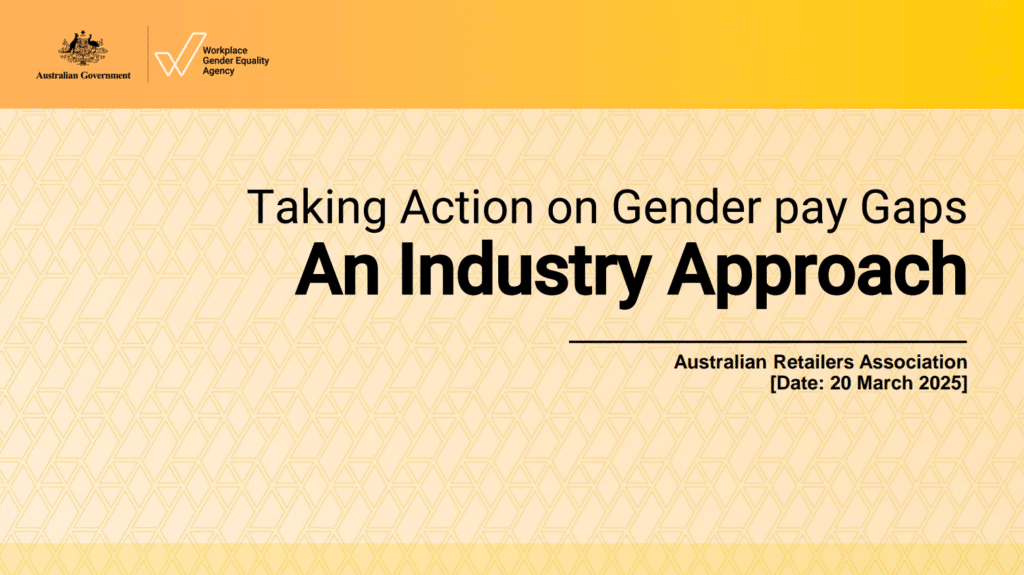
PROGRESS FOR WOMEN IN RETAIL
The release of the WGEA Employer Gender Pay Gaps report for 2023-24 in March 2025 presents an important opportunity to reflect on the progress of achieving workplace gender equality. For the retail sector, a tailored briefing was held to highlight key trends, challenges, and opportunities. While gender pay gaps persist, retailers have made notable strides through strengthened policies, structured pay frameworks, and leadership programs for women. As one of Australia’s largest employers, the retail sector is actively addressing these disparities, with businesses embedding gender equity into workplace cultures and driving long-term change. While challenges remain, and more work needs to be done, the industry’s proactive response to the WGEA report reflects a strong commitment to progress.
SOCIAL IMPACT OF INEQUALITY
The Women’s Gender Equality Agency (WGEA) reports that the pay gap for the retail sector is 13.7%. While this compares favourably in comparison to the rest of the economy at 21.7%, there is still more work to be done.
One side effect of this marked pay gap is lower retirement savings for women. Rest Super notes that women retire with an average of $289,179 in superannuation, in comparison to $359,870 for men.
In addition, complaints statistics released by the Australian Human Rights Commission (AHRC) reported that 76% of the 479 sexual discrimination claims in 2019-20 were made by women3 and the 2020 Respect@Work Report notes that women are 50% more likely than men to have experienced sexual harassment in the workplace.
This imbalance is generally worse for First Nations’ women, women of colour, trans women and women with a disability.
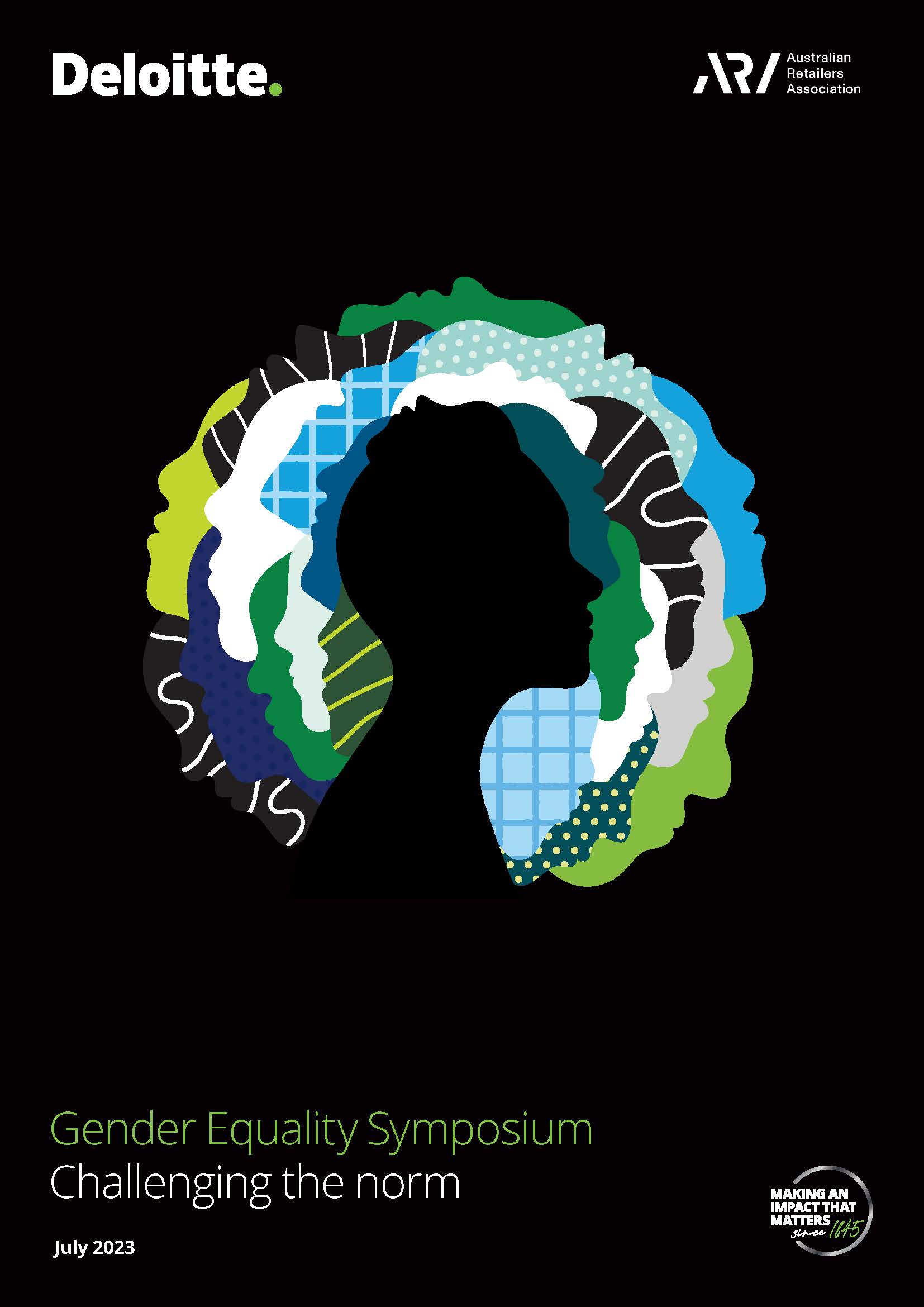
GENDER EQUALITY SYMPOSIUM CHALLENGING THE NORM
The retail industry needs leaders in positions of power to come together to lead tangible and sustainable change in improving gender equality across the retail sector in Australia.
In 2022, the ARA partnered with Deloitte for the inaugural Gender Equality Symposium. This event brought together Senior Executive and Board members from the ARA’s Diversity and Inclusion Committee to share insights on how their organisation is advancing gender equality. We were pleased to return the event for 2023.
Click below to hear further insights from the event.
The below case studies demonstrate the positive role that some of our members have already taken to establish a solid foundation for great things to come.
CASE STUDIES
Mainstreaming flexible working

Cotton On Group: Case Study
At the Cotton On Group, we take a values-driven approach – putting our People First, always. We’ve identified that we’re a workforce made up of 80% of team members who identify as female, and we know that when we support our people in all aspects of their lives they will thrive, evoking high engagement & performance.

Kmart: Case Study
Kmart’s mission is to make “everyday living brighter” for our customers and learn from a team member perspective to make sure Kmart is “A great place to work and grow together”. Achieving gender balance is both aligned with and contributes to achieving both objectives.
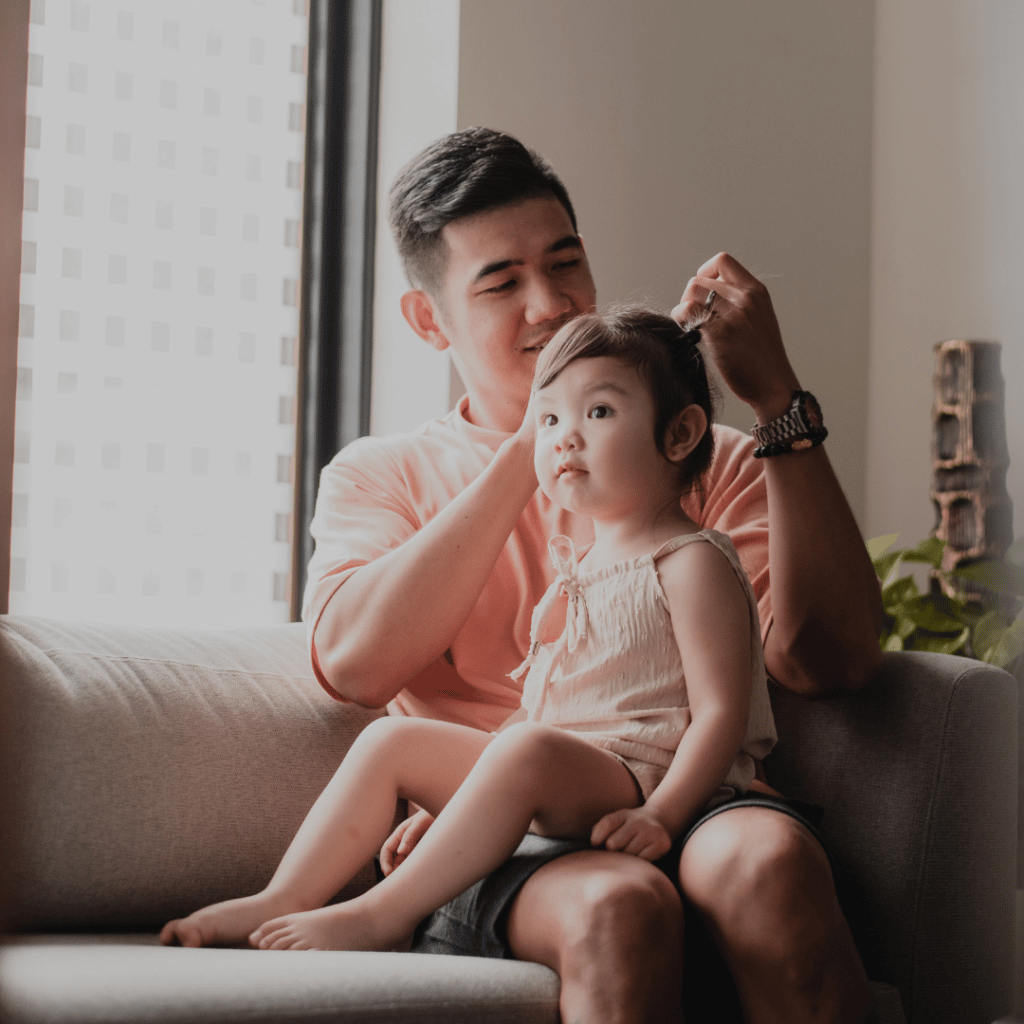
MECCA: Case Study
MECCA introduced continuation of superannuation in 2019 to address the growing super gap in Australia. Our policy is to pay team members who have been with the business for more than 18 months up to 52 weeks of superannuation.
MEMBER COMMITMENTS
The following ARA Members support and commit to the ARA’s Gender Equality Position Statement.

